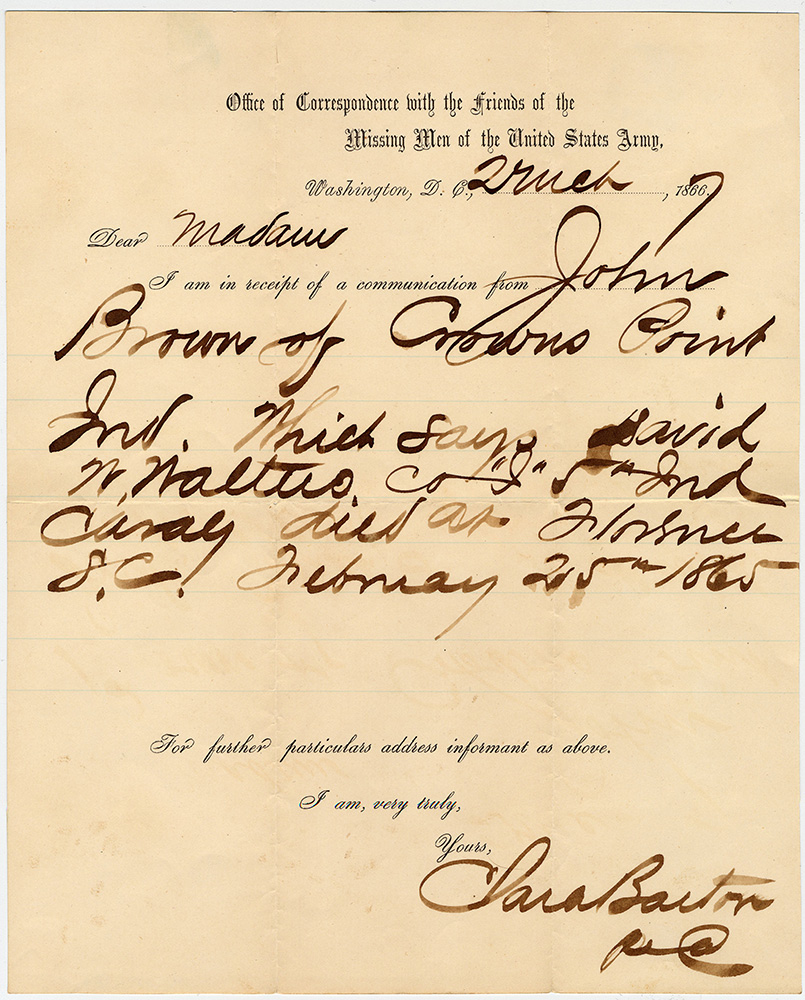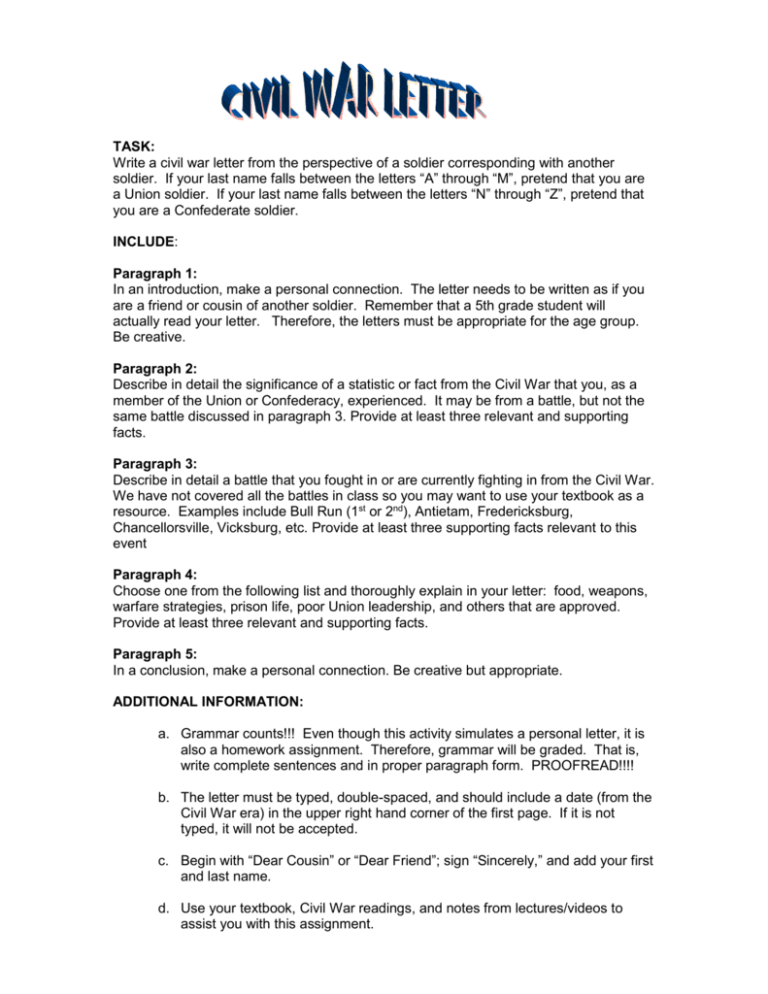Robert Johansson's Civil War letter remains one of the most significant historical documents that shed light on the personal experiences of soldiers during the American Civil War. This letter, written in a time of great turmoil, provides an intimate glimpse into the emotions, struggles, and hopes of a soldier far from home. The letter not only serves as a primary source for historians but also connects readers to the human side of war, making it an invaluable piece of history.
As we delve into the details of this letter, it becomes evident that Robert Johansson's words hold a unique place in the annals of history. His reflections and observations offer insights into the conditions, challenges, and motivations of soldiers during this pivotal period in American history. By exploring this document, we can better understand the sacrifices made by individuals like Robert Johansson and the impact of the Civil War on ordinary people.
This article aims to provide a thorough examination of Robert Johansson's Civil War letter, including its historical significance, the context in which it was written, and the lasting legacy it has left behind. Through this exploration, readers will gain a deeper appreciation for the personal stories that contribute to the broader narrative of the Civil War.
Read also:Contact Cox Customer Service Your Ultimate Guide To Resolving Issues Quickly
Table of Contents
- Biography of Robert Johansson
- Historical Context of the Civil War
- The Robert Johansson Civil War Letter
- Impact on Historical Records
- Analysis of the Letter's Content
- Significance of the Letter
- Preservation of Historical Documents
- Current Research on Civil War Letters
- Educational Value of Civil War Letters
- Conclusion
Biography of Robert Johansson
Robert Johansson was born in Sweden in 1835 and immigrated to the United States in the mid-19th century. Like many immigrants of his time, he sought new opportunities in the burgeoning nation. Settling in Illinois, Johansson quickly became involved in the local community and eventually joined the Union Army during the Civil War. His enlistment marked the beginning of a journey that would shape not only his life but also the historical record of the conflict.
Personal Details of Robert Johansson
| Full Name | Robert Johansson |
|---|---|
| Birth Year | 1835 |
| Place of Birth | Sweden |
| Immigration Year | 1850 |
| Service | Union Army |
Historical Context of the Civil War
The American Civil War, fought from 1861 to 1865, was a defining moment in the nation's history. It was a conflict rooted in deep-seated differences between the Northern and Southern states over issues such as slavery, states' rights, and economic policies. The war resulted in significant loss of life and profound changes to the social and political landscape of the United States. Understanding the historical context of the Civil War is essential to appreciating the significance of letters like Robert Johansson's.
Key Events Leading to the Civil War
- Missouri Compromise (1820)
- Abolitionist Movement
- Secession of Southern States
- Battle of Fort Sumter (1861)
The Robert Johansson Civil War Letter
Robert Johansson's Civil War letter stands out as a poignant example of personal correspondence during wartime. Written during his service in the Union Army, the letter captures the emotions and thoughts of a soldier far from home. It provides a window into the daily life of soldiers, their concerns for loved ones, and their hopes for the future.
Excerpts from the Letter
One excerpt reads, "The days are long, and the nights even longer. I think of home often and pray for the day when this conflict will end." These words reflect the universal experience of soldiers who faced uncertainty and hardship during the Civil War.
Impact on Historical Records
Letters like Robert Johansson's contribute significantly to the historical record of the Civil War. They offer firsthand accounts of events, emotions, and experiences that official documents may not capture. Historians rely on these primary sources to piece together a more comprehensive understanding of the war and its impact on individuals and society.
Read also:Stevie Wonder The Legendary Blind Musician Who Redefined Music
Challenges in Documenting the Civil War
- Preservation of fragile documents
- Verifying authenticity
- Interpreting personal accounts
Analysis of the Letter's Content
An in-depth analysis of Robert Johansson's letter reveals several themes that resonate with the broader experience of Civil War soldiers. These include the longing for home, the hardships of military life, and the resilience required to endure such challenging circumstances. The letter also highlights the cultural diversity of the Union Army, as Johansson, an immigrant, played a role in defending the nation that had become his home.
Themes in the Letter
- Longing for family
- Challenges of military service
- Hope for peace
Significance of the Letter
The significance of Robert Johansson's Civil War letter extends beyond its historical value. It serves as a reminder of the personal sacrifices made by countless soldiers during the Civil War. By preserving and studying such documents, we honor their memory and ensure that their stories continue to inform and inspire future generations.
Why Letters Matter
Letters from the Civil War era provide a human connection to a distant past. They allow readers to empathize with the experiences of soldiers and civilians alike, fostering a deeper understanding of the era's complexities.
Preservation of Historical Documents
Preserving historical documents like Robert Johansson's letter is crucial for maintaining an accurate record of the past. Modern techniques, including digitization and archival storage, help ensure that these valuable resources remain accessible to researchers and the public. Institutions such as libraries and museums play a vital role in this preservation effort.
Techniques for Document Preservation
- Digitization
- Climate-controlled storage
- Restoration methods
Current Research on Civil War Letters
Research on Civil War letters continues to evolve, with scholars employing new methods to analyze and interpret these primary sources. Advances in technology have facilitated the study of handwriting, language patterns, and cultural references within the letters. This ongoing research enriches our understanding of the Civil War and its participants.
Examples of Recent Studies
One recent study focused on the linguistic analysis of Civil War letters, revealing insights into regional dialects and communication styles of the era. Another examined the role of immigrant soldiers like Robert Johansson, highlighting their contributions to the Union cause.
Educational Value of Civil War Letters
Civil War letters serve as powerful educational tools, offering students and educators alike a direct link to the past. By incorporating these documents into curricula, educators can engage learners in meaningful discussions about history, culture, and human experiences. The stories told through these letters resonate across generations, making them invaluable resources for learning.
Using Letters in the Classroom
- Primary source analysis activities
- Role-playing exercises
- Discussion prompts
Conclusion
Robert Johansson's Civil War letter represents more than just a personal account of a soldier's experiences. It is a testament to the enduring legacy of the Civil War and the individuals who shaped its course. Through the preservation and study of such documents, we gain a richer understanding of this pivotal period in American history.
As you reflect on the contents of this article, consider the importance of primary sources in shaping our historical knowledge. We invite you to share your thoughts in the comments section below and explore other articles on our site that delve into the fascinating world of history and culture. Together, we can continue to uncover the stories that define our shared past.


